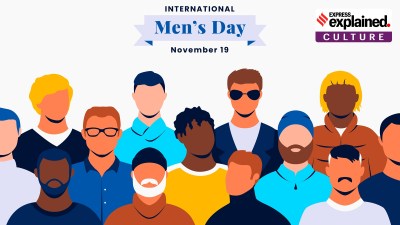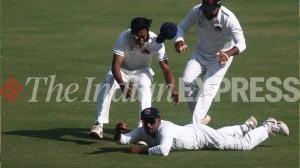In his own words
Celebrating an unexpected bestseller: wonder what Twain would have said
The autobiography is a dishonest genre. How utterly sincere can you be talking about yourself,how intimate and comprehensive? Yet autobiographies abound. And the reminiscing of a literary artist,in his or her own write,adds the aesthetic attribute of being literature itself. In fact,the key to reading an autobiography is not to approach it from a moral,truth-seeking perspective.
In this season of memoirs from former heads of government,comes Mark Twains autobiography,published for the first time a century after the death of Americas equivalent of Charles Dickens. Well,thats not entirely true. Despite Twains 100-year post-mortis moratorium,parts of the autobiography have been published earlier,beginning with sections edited by Twains literary executor Albert Bigelow Paine,followed by heavily edited and re-written versions by others. Now comes the thing itself,from the University of California Press,which has defied its $35 pricing,four-pound weight and 500,000 words to put bookstores across the US out of stock and holiday-season customers on waiting lists. Thats a windfall for a scholarly,academic publication; that too in an age expected to witness the death of the printed tome.
Moreover,Twains autobiography is an intellectual challenge: catching thoughts on the run,random and dissociated. Attempting to capture the whimsicality of recollecting and writing,Twain broke with sequence and anticipated the narrative experiments soon to overhaul literature. If one ignores the inherent sexism in calling the work the Dad book of the year or the ultimate guy gift book,the unexpected justness of it all should be celebrated: Mark Twain gave America what Henry James thought was impossible the authentic American novel,legitimising the very nothingness of the New World that made James leave. His autobiography is only a part of the story. But as Huck Finn would say: Mr Mark Twain… he told the truth,mainly.


- 01
- 02
- 03
- 04
- 05





























